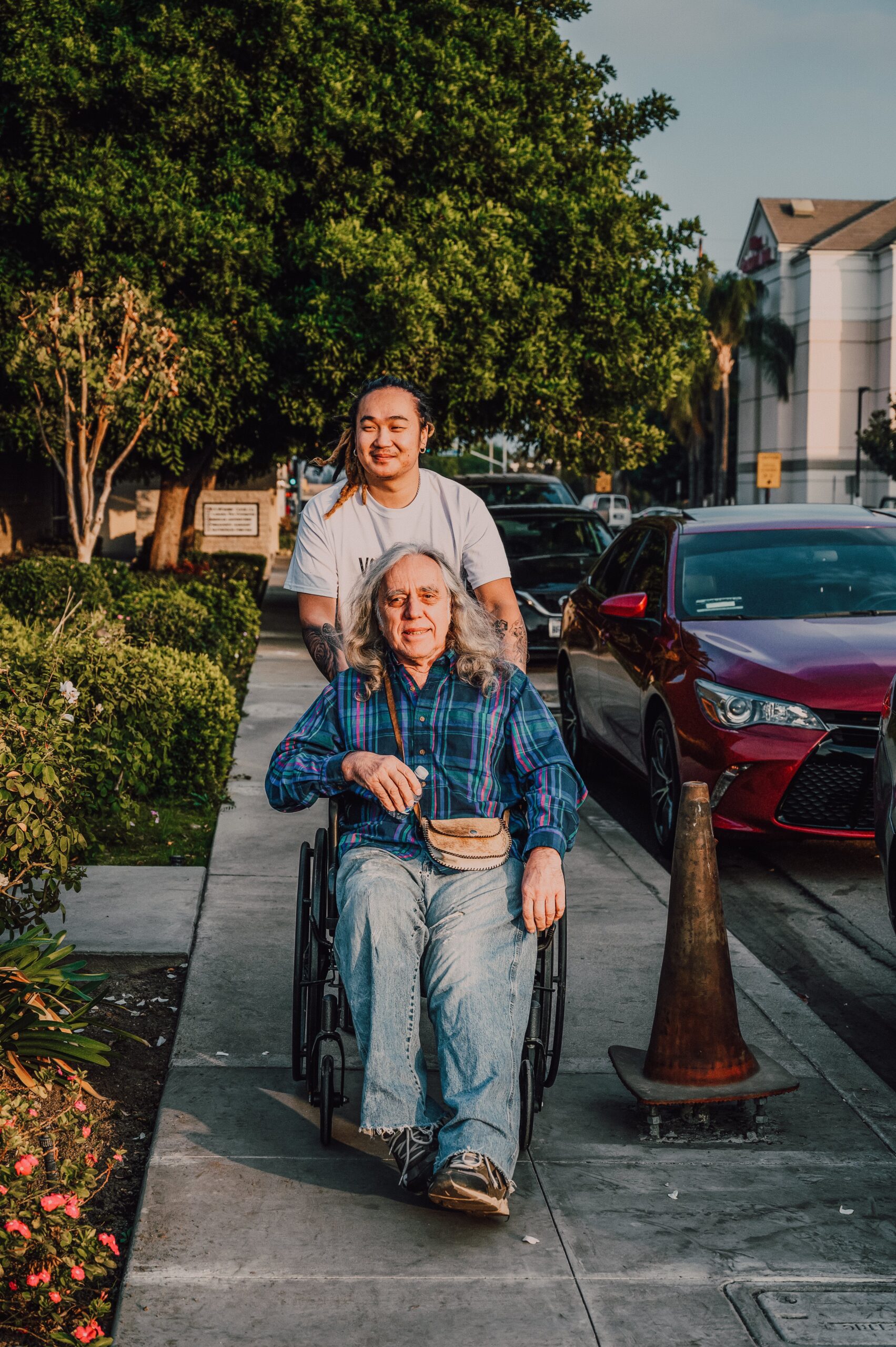Introduction:
In the tapestry of aging, it’s crucial to recognize that the needs of the elderly extend far beyond the physical. As our society grays and the population ages, the imperative to prioritize the well-being of our seniors becomes increasingly evident. Companion care emerges as a beacon of hope, acknowledging and addressing the emotional and social needs of the elderly. This blog post delves into the profound impact of companionship on the overall quality of life for seniors and why investing in companion care is an investment in creating a society that values and supports its older members.
- Beyond the Physical:
Companion care stands as a testament to the holistic approach required in elder care. While physical needs are undeniably important, the emotional and social dimensions of well-being are equally critical. Loneliness and isolation can cast a long shadow on the lives of the elderly, impacting their mental health and overall quality of life. Companion care steps in to bridge this gap, recognizing that a warm conversation, shared laughter, or a simple gesture of companionship can be as vital as any medical intervention.
- The Silent Epidemic of Loneliness:
Loneliness is a silent epidemic among the elderly, affecting millions around the globe. As social circles may naturally shrink due to factors like retirement or the loss of friends and family, seniors often find themselves grappling with a sense of isolation. Companion care becomes a lifeline, offering regular social interactions that alleviate loneliness and provide emotional support. The simple act of having someone to share experiences with can have a profound impact on mental and emotional well-being.
- Dignity, Happiness, and Connection:
In the sunset years of life, dignity, happiness, and a strong sense of connection become invaluable currencies. Companion care is not just a service; it’s a commitment to ensuring that seniors live their golden years with grace and fulfillment. Through meaningful conversations, engaging activities, and shared experiences, companionship fosters an environment where the elderly can thrive emotionally and socially.
- A Cultural Shift:
Investing in companion care is not merely a financial commitment but a step towards a cultural shift in how we perceive and value our elders. It’s a recognition that every individual, regardless of age, deserves a life rich in connection and meaning. By building a society that prioritizes companion care, we create an environment where seniors are not just cared for but actively engaged and celebrated for their wisdom and experiences.
Conclusion:
Companion care is the heartbeat of elder care. It transcends the traditional boundaries of assistance and ushers in an era where emotional and social well-being are at the forefront. As our society ages, let us collectively prioritize the well-being of our seniors by acknowledging the profound impact of companionship on their overall quality of life. In investing in companion care, we sow the seeds for a society that values and supports the elderly, ensuring that they traverse their golden years with dignity, happiness, and a strong sense of connection.







